
When is photography art?
, by Annique van Vugt, 8 min reading time

, by Annique van Vugt, 8 min reading time
The Debate of Photography Art. When is a photo art? And at what point was photography an art form? Read on to find out.
Everyone takes a photo now and then; a photo of the dog, nature or just a selfie. But these photos are not seen as art, while other photos are seen as art. Where is this line? And from what moment was photography considered art?
________________________________________________________________________________________
Photography has developed enormously over the past centuries, but to properly understand art photography we must go back to the beginning; the first photograph and the forerunner of the camera.
The precursor of the camera was the camera obscura. A camera obscura is a dark space in which light can enter through a small hole. In this way, a projected image is created. This image was then used as a model for a painting. However, the image could not be captured and could therefore only be projected. This method of 'taking photos' was used from 1500 to 1826.
In 1826 it was finally time; the first photo was taken. The first photo was taken by the Frenchman Joseph Nicéphore Niépce. He succeeded in capturing the view from his roof window on a plate covered with bitumen (light-sensitive asphalt). Although the first photo was successful, it took eight hours of exposure time to achieve this. In addition, the photo was very blurry.

In 1839, the quality of the photograph was changed by the Frenchman Louis Daguerre. He invented the daguerreotype process. In this process, the image was recorded on a polished, silvered copper plate. In order to get the image on the plate, the plate was placed in a kind of camera. In outdoor light, about 10-15 minutes of exposure time was needed and in room light about 30 minutes. After the plate was exposed, it was exposed to mercury vapors and then washed.
In 1841 the negative was invented, which allowed an image to be printed multiple times. Then in 1861 the Scot James Clerk Maxwell made the first colour photograph by projecting a red, green and blue filtered image on top of each other.

Then came a big leap in photography in the year 1888. At this time the first cheap, portable camera was made but the photo could not be admired immediately. This only became possible in 1947 after the arrival of the Polaroid camera.
Nearly 100 years after the first portable camera came the digital camera that everyone knows today and with which most fine art photography is taken.
In photography, there are different types of themes, some of which are more often seen as art than others. Below, the most well-known photography themes are briefly explained. In addition, photography, like painting, has styles and movements, but these will not be discussed here.
Documentary photography includes two different types of documentation:
War documentation involves the extensive photography of wars, showing the human cost and realities of war. Social documentary photography involves the photography of social issues and historical events, such as the living conditions of poor communities.
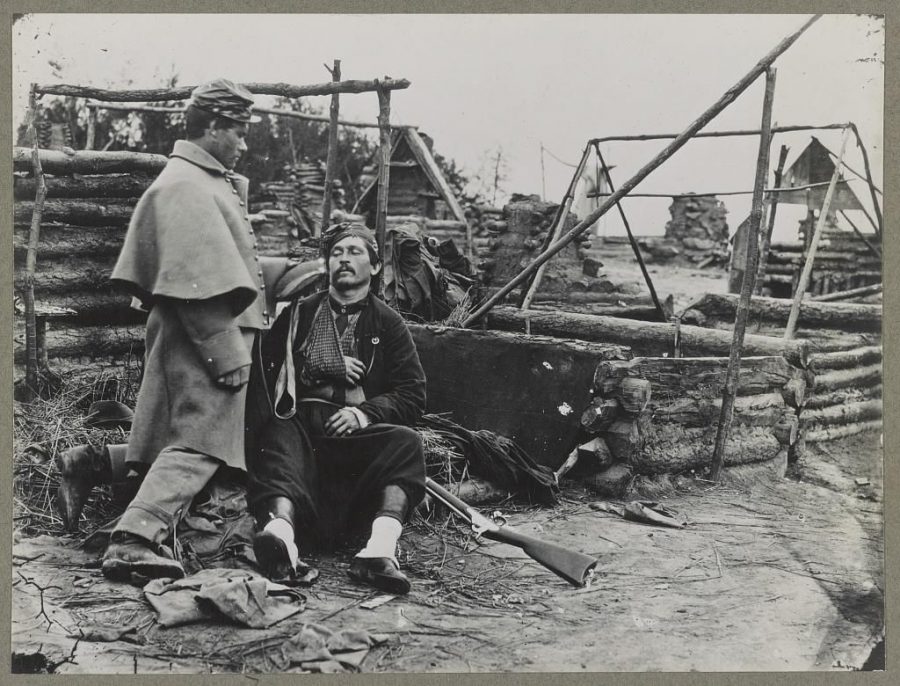

This type of photography creates images that present products and fashion trends in an attractive way. This style of photography is one of the art forms within photography. Think of photos by Annie Leibovitz or Richard Avedon.
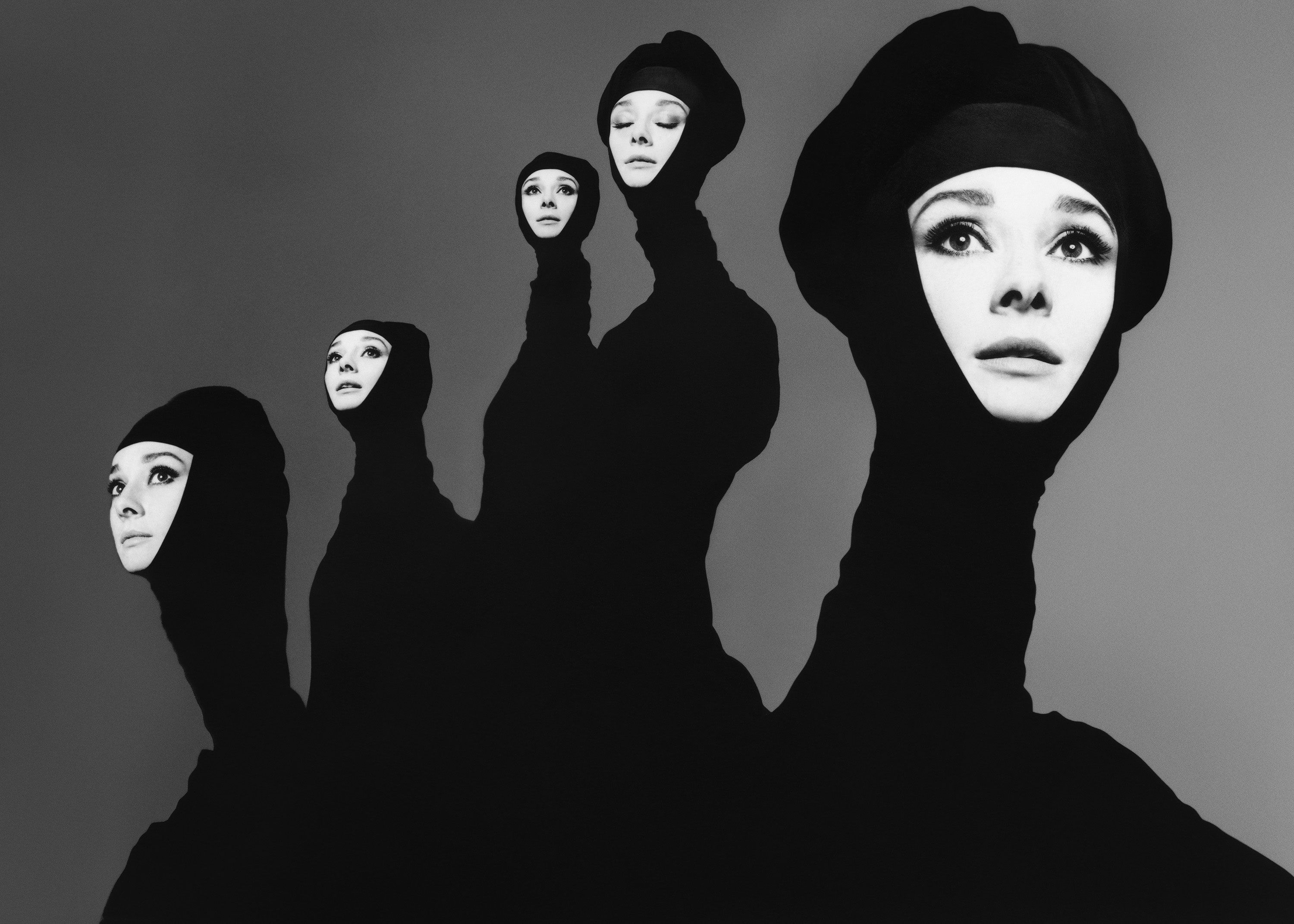
Here, photographs are taken for scientific or medical analyses and diagnoses. These can be photographs of cells but also of planets and stars.
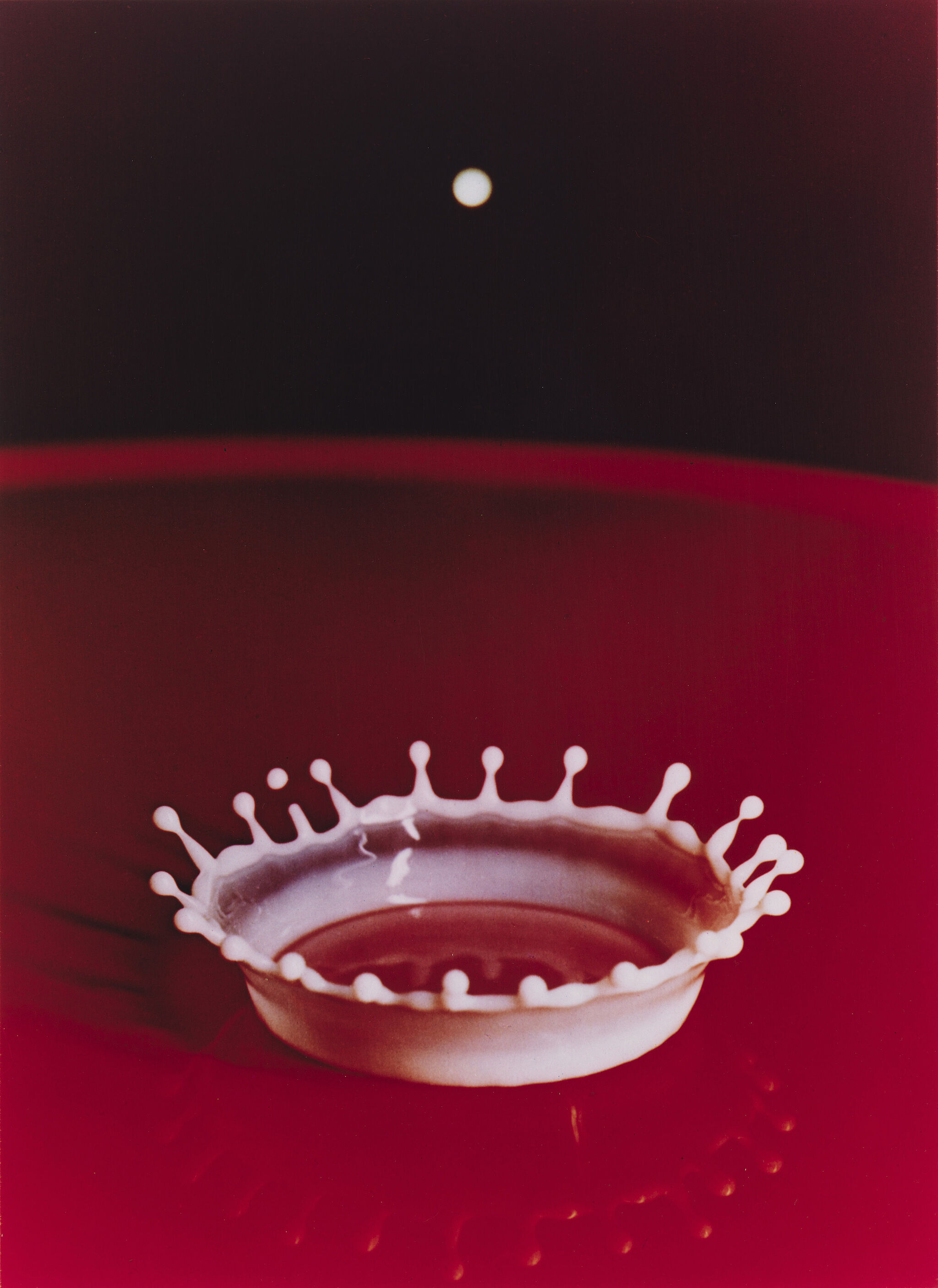
Before 1839, portrait paintings were the only way to capture an image of a person. After the invention of the daguerreotype process, people could also do this through photography, and portrait photography is still widely practiced today.
These are the photos in your photo gallery: memories, holiday snaps, family photos, etc.
Architectural photography mainly captures historical buildings and cityscapes. These photos can also be seen as art, but they also have importance for archaeological purposes. Landscape photography is mainly about capturing the beauty of natural landscapes and increasing the appreciation of nature. This theme in photography can also be considered art.

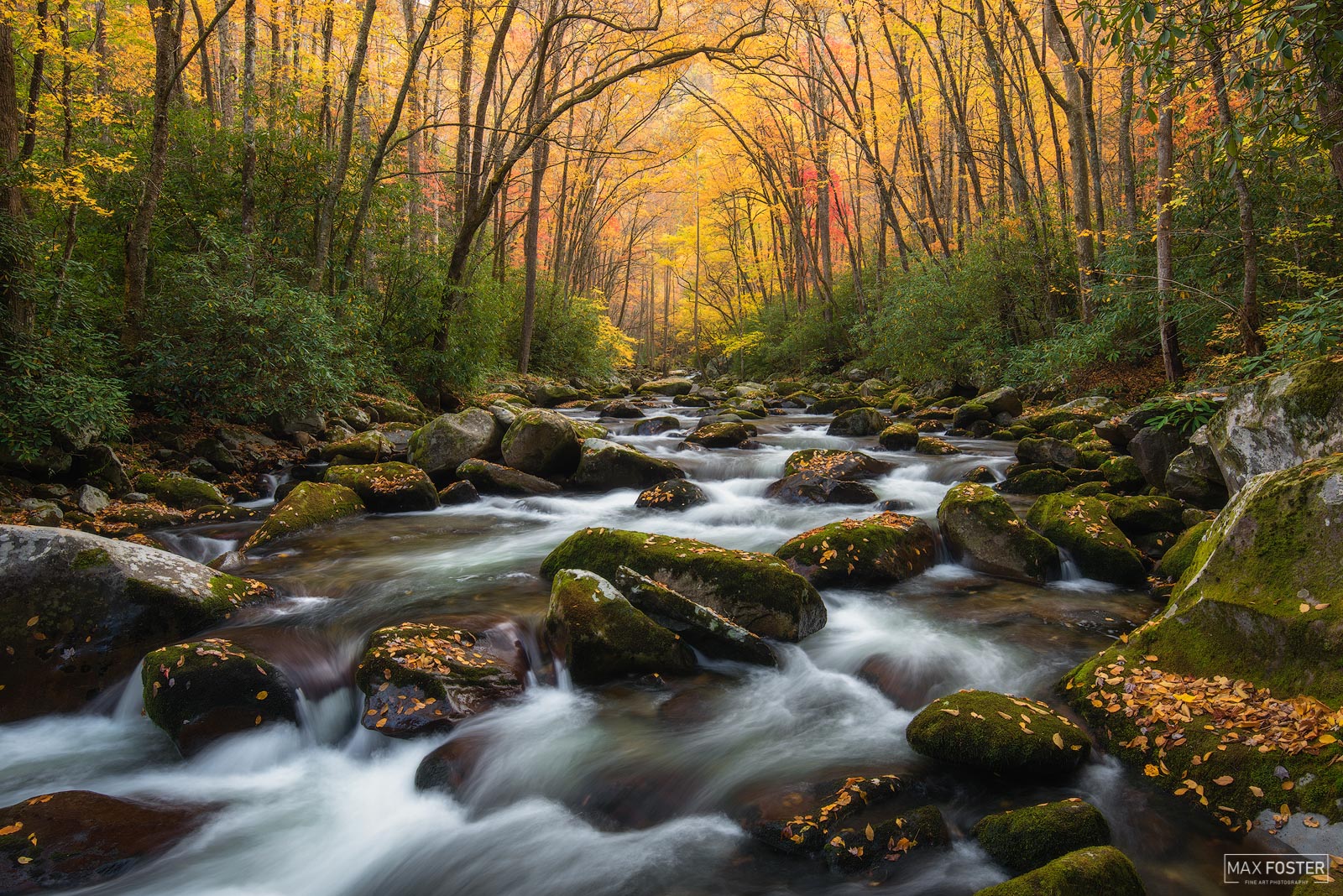
Finally, there is forensic photography. This form of photography is used to record crime scenes and evidence for law enforcement.
It was not an easy task to get photography recognized as an art form. There were several movements worldwide that fought for this, among which the Pictorialist movement, especially the group Photo-Secessionists.
This movement started around 1885 and aimed for a specific aesthetic in the creation of photographs. The group wanted to show that a photographer has control over an image and can express their vision as conceived. Thus, dark images, light images, blurred images and sharp images were produced. It was also said that they had to go through a creative process just like artists and that the camera did not do that work. In retrospect, these images look rather artificial. Furthermore, they organized photographic societies, magazines and juried photo exhibitions to legitimize photography as an art form.
The amount of attention the photographs received made it increasingly difficult to deny that photography was art. Finally, in 1910, the first photography exhibition was held in an art museum (Albright Gallery in Buffalo, New York).
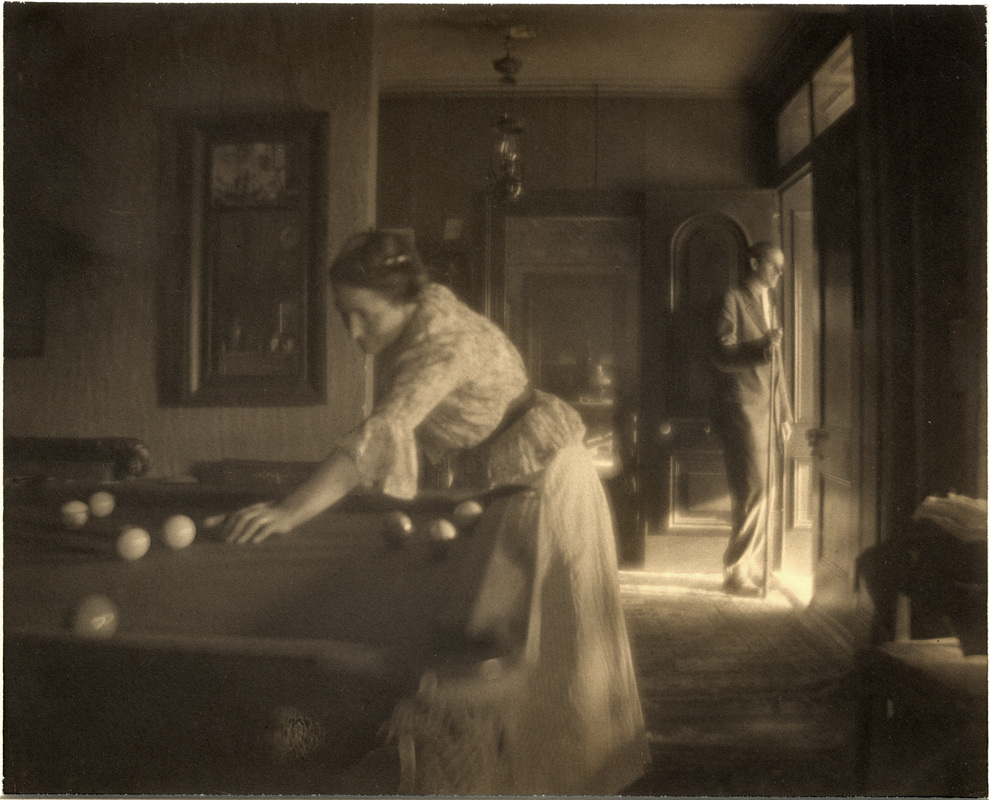

When photography was invented and you no longer had to wait 8 hours for an image, there were many art critics who thought about this subject. Photography as an art form... is that possible? At that time, there were different thoughts about the arrival of the photo and especially about the negative influence it could have on art. For example, it was thought that photography could never be an art form, because the image is made by a machine and not by a person. It was therefore considered a threat to 'real art'.
Another idea was that photography could be used by 'real' artists as an example.
Finally, there was also a group that saw potential in photography and compared it to lithography and etching.
As you just read, there was little conviction for photography as an art form until 1910. From that moment on, photography was taken more seriously, but it remained unclear when something was art and when it wasn't. After all, anyone can take a photo. To this day, it is a question that is often asked and there are basically two answers.
The first answer is that the photograph has an artistic intention and shows a creative expression to be considered art. This includes not only the image but also how it is presented and the aesthetic qualities of the image.
The other answer is simple: it is a personal preference. Photography becomes art when it conveys emotions and when the photographer uses his own interpretation to show reality and deeper dimensions. When a photo evokes a strong emotion in you, and it is not a holiday snap or something like that, then it will feel like art.
When the two answers are combined, the complete answer to the question: when is photography art?
And so the question to you: When do you consider a photo art?
_______________________________________________________________________________
Check out the Limited edition Taschen release by renowned photographer Annie Leibovitz here !
Curious about our entire collection? Click here .
Would you like to read our other blogs? Click here to view all our blogs.